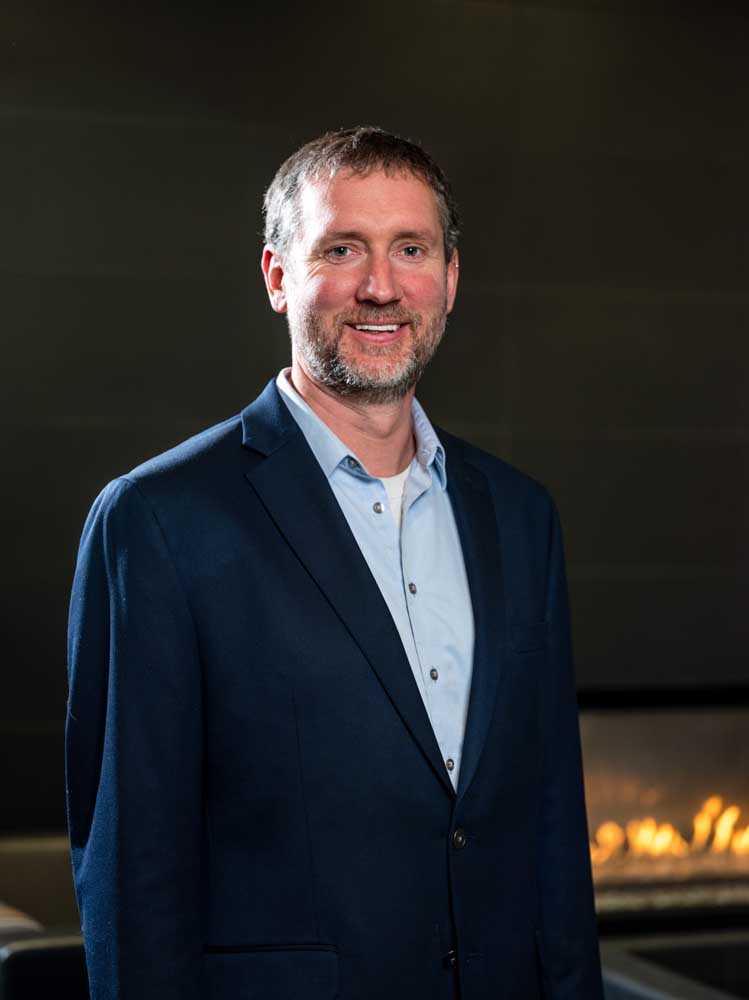Expert column: Life, liberty and the pursuit
Published 1:00 am Friday, March 20, 2020

- Chris Wolsko, PhD
Obsession with personal fulfillment realized through material means – the fairytale of happiness for sale – is customary in affluent cities like Bend and the broad landscape of contemporary American social and economic life.
The Dow Jones Industrial Average chart reads like a genuine echocardiogram of our viability as a nation. In this election year, we are informed that all we care about is the economy because we vote based on our perceived financial self-interest (which tends to be true). Countless messages embedded in advertisements and recycled television narratives communicate that we can and must improve ourselves with money and things. And furthermore, we are told, and tell each other, we should treat ourselves as an object as well, which is only as valuable as the shape of its torso, the arc of its nose, the résumé of its personal accomplishments, the moral superiority of its beliefs, and the Instagrammability of its most recent recreational moment.
Despite the profound pull of these pop-cultural currents, many years of robust scientific data reveal that once we obtain a decent middle-class income and meet our basic needs of health, safety and security, additional income is not associated with an increase in well-being. Within the U.S., we have generated a tremendous decades-long increase in income and buying power; and yet a person’s average sense of well-being and satisfaction with their lives has not changed. If anything, there are recent indications that it is decreasing, as evidenced by trends toward lower trust in other people, lower confidence in our government, and worse physical and mental health. A clear argument can also be made for the link between greed at the top of the socioeconomic ladder and the inability for people at the bottom to meet their basic needs.
The picture is equally uninspiring when we look at materialism – a life orientation defined by the beliefs that our possessions are a primary mode of self-expression and that more money and more of the right kind of stuff will make us happier. Individuals who are more materialistic tend to suffer from lower life satisfaction, lower marital quality, increased narcissism and higher incidence of depression, to name just a tiny bit of the many scientifically documented issues.
This classic baby boomer-inspired materialism appears to have birthed a special neurosis for millennials in which the materialistic orientation is directed toward oneself. With increasing environmental problems and the crumbling myth of easy employment and wealth in a soul-stirring profession, many have turned instead to the symbolic perfection of the self. In this mode of self-objectification, personalities and lifestyles are fabricated and monetized or simply exchanged for the social currency of admiration (aka likes). While people interact with social media in all sorts of ways, recent psychological data indicates that the tendency among heavier users in the U.S. is to engage in social comparison: an eternal game of determining whose vacation is more exciting, whose kid is cuter, whose linguistic spin is more clever, and so forth. In turn, this type of social comparison is a very reliable predictor of increased anxiety and depression.
Phew! So where does this leave us? Perhaps with the realization that we are confusing the means with the ends. A house – or any material object, for that matter – does not function well as a trophy for very long. Fairly soon, we need something better, something different. But as a place that provides warmth and security for nurturing and celebrating relationships with family and friends, the home is a means toward a life that is emotionally rich, complex and engaging. Similarly, a preoccupation with being validated for a personal accomplishment – be it our most recent half-marathon time, fishing success, church attendance record or Yoga prowess – limits our ability to gain deep enjoyment from and intimacy with our actual moment-to-moment process of living.
In the end, psychological science says that what matters most for sustainable well-being includes the cultivation of close relationships, the development of our gut curiosities and competencies that we enjoy in-the-present, and the freedom from coercive evaluations of self and other. From this perspective, we may not need a new economic model as much as a profound reflection on what an economy is good for in the first place, and when it obscures a more authentic pursuit of happiness.





